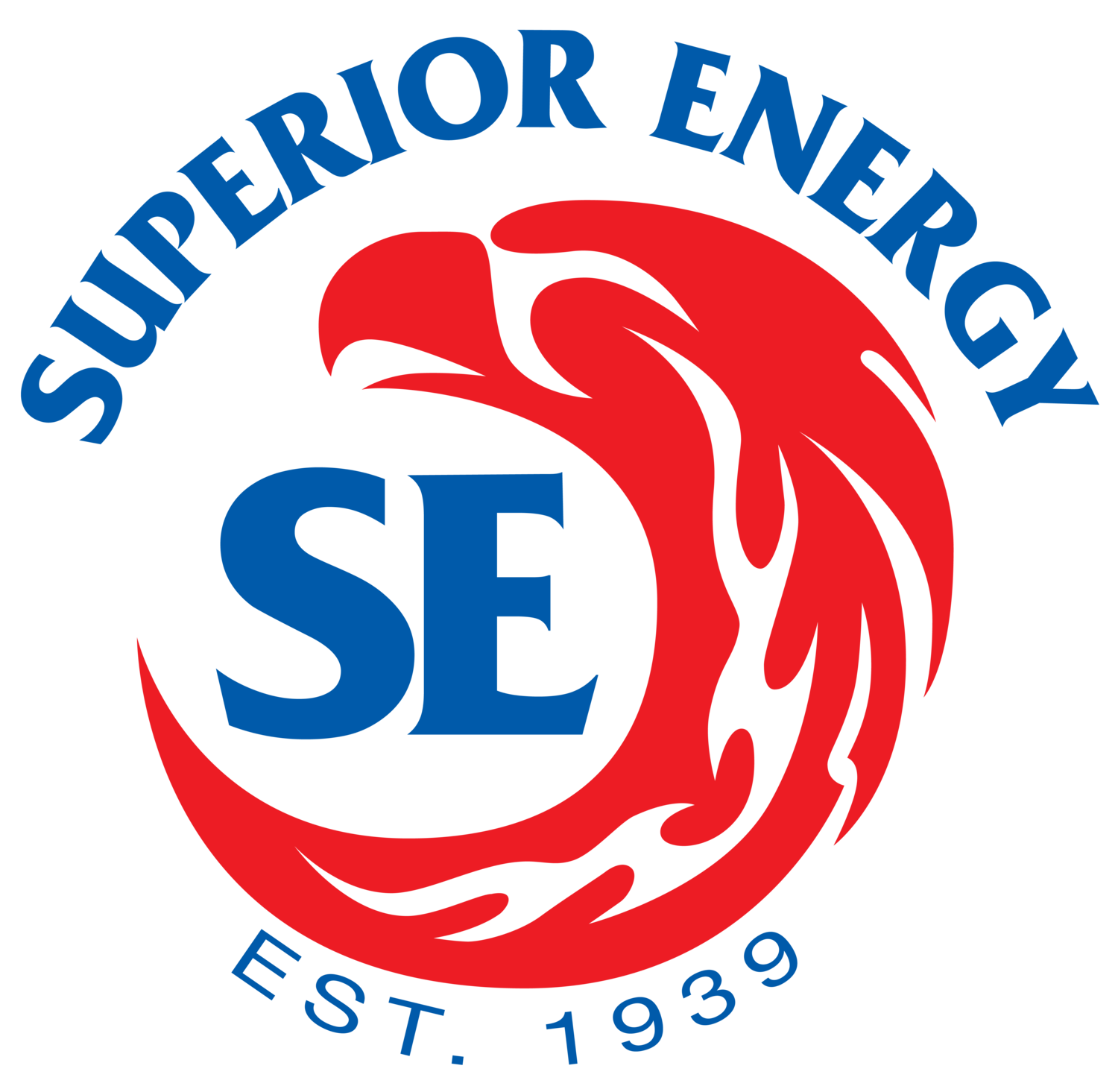Steps to Keep You and Your Family Safe
With yet another winter storm on its way, New Englanders need to be prepared for heavy snowfalls and frigid temperatures.
"Clearing a pathway to propane tanks helps ensure that deliveries can be made without interruption," says Joe Rose, president of the Propane Gas Association of New England (PGANE). "But special care should be taken when working around propane tanks and propane gas lines to avoid damage that could result in a leak."
PGANE reminds everyone, even the most seasoned propane users, to review propane hazards and safety tips regularly.
When handled properly, propane is a safe, clean, versatile and highly efficient fuel that can be used for many consumer products. If your home or business uses propane to generate heat or run appliances, there are a few simple steps you can take to keep your family safe and avoid potential dangers:
Be Prepared:
Assist your delivery person. If at all possible, please clear a path to your tank. Pulling the delivery hose is strenuous work. A path will assist your delivery person in getting the work done.
Alert Snow Plow Contractors. Make sure the company hired to perform snow removal be advised of the presence and location of both above ground and underground tanks. Accidental contact of snow removal equipment with tanks could cause a serious safety hazard
Make sure your heating system and appliances are running efficiently. Have a qualified service technician inspect and service your appliances and propane system annually. This will ensure that your appliances are running as efficiently as possible, conserving fuel and saving dollars.
Make sure you have an adequate propane supply. During and after a winter storm, roads may be inaccessible for delivery. It is recommended that you establish an automatic refill delivery schedule with your propane retailer.
Mark the location of your tank with a flag, pole, or stake. The marker should be higher than the average snow cover depth for your location. It will help you avoid plowing or shoveling rooftop snow on top of your tank. Should your tank become covered with snow, use a broom to clear it.
Recovery:
After a winter storm passes and it is safe to do so, check the entire area for downed power lines, damaged gas lines, or damage to your propane tank. Immediately call your local utility company or propane retailer if any of these hazards exist. Do not attempt repairs yourself.
Check your chimneys, flue pipes, vent connectors, and propane tank for damage, blockage, or debris caused by snow and ice. Use a broom rather than a shovel, and clear these areas frequently. This will help reduce the possibility of carbon monoxide poisoning due to blocked or damaged chimneys, flues, and vents.
Never use a stove for space heating and never use outdoor propane appliances indoors or in enclosed areas, particularly in the event of a power outage. Proper ventilation is necessary for their safe operation; and carbon monoxide fumes emitted can be lethal. Only use appliances indoors that are designed and approved for indoor use. Never store, place, or use a propane cylinder indoors or in enclosed areas.
Use extreme caution when operating portable generators. Never use a portable generator (gasoline, diesel, or propane) indoors or in enclosed areas. This can result in carbon monoxide poisoning or death.
Exercise sound judgment. Stay calm; use radios, television, and telephones to stay informed and connected. Remember, winter storms can last several days and roads may be inaccessible for fuel delivery.
Take immediate action if you smell gas inside or outside of your home or business. Follow these simple instructions:
No flames or sparks! Immediately put out all smoking materials and other open flames. Do not operate or turn on or off lights, appliances, telephones or cell phones.
Leave the area immediately! Get everyone out of the building or area where you suspect gas is leaking.
Shut off the gas. Turn off the main gas supply valve on your propane tank, if it is safe to do so. To close the valve, turn it to the right (clockwise).
Report the leak. From a neighbor's home or other building away from the gas leak, call your propane retailer right away. If you can't reach your propane retailer, call 911 or your local fire department.
Do not return to the building or area until your propane retailer, emergency responder, or qualified service technician determines that it is safe to do so.
Get your system checked. Before you attempt to use any of your propane appliances, your propane retailer or a qualified service technician must check your entire system to ensure that it is leak-free.







